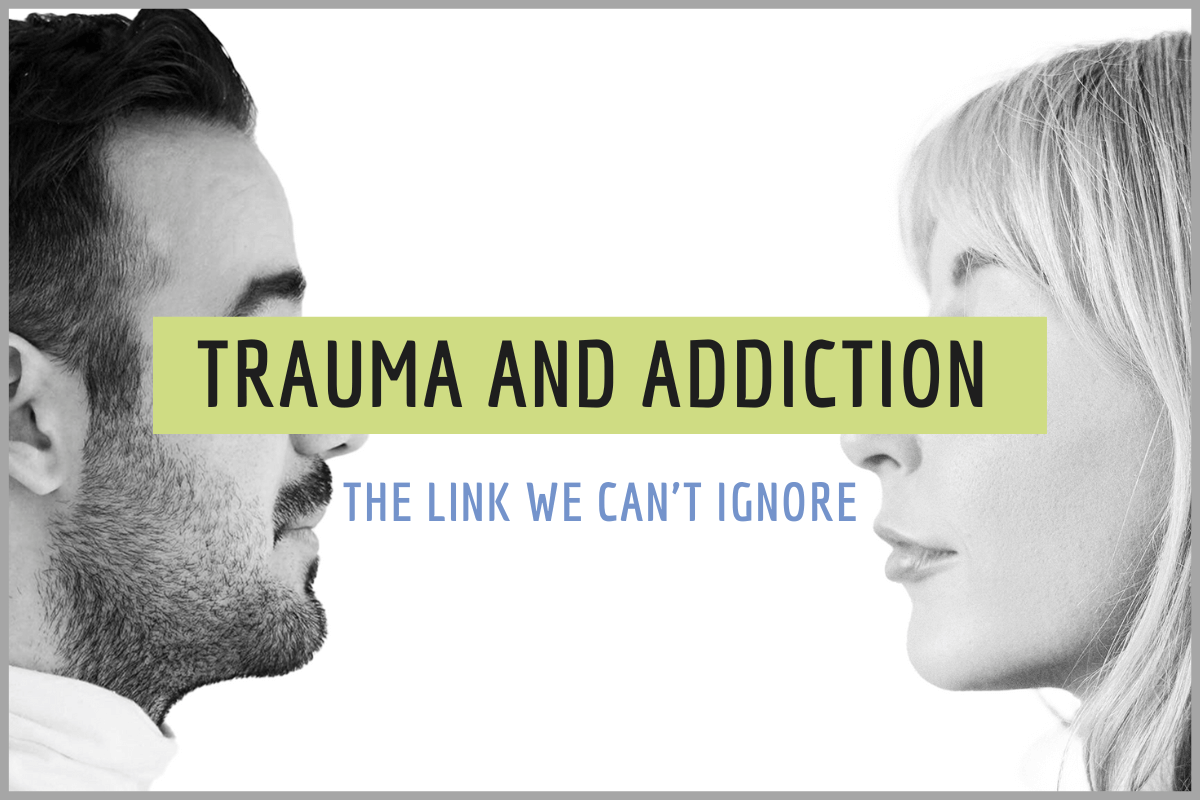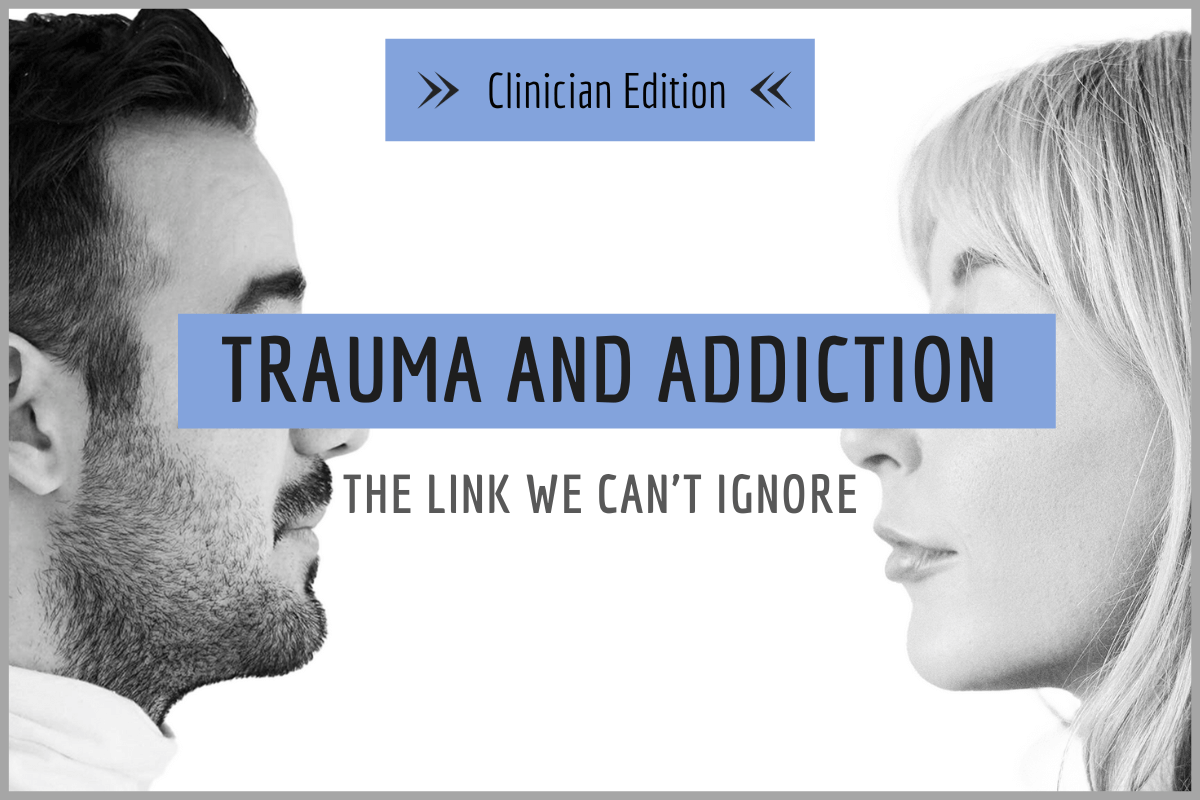
Our Blog
Making Sense of Trauma and Addiction
Welcome to our blog, where we delve into the complex intersection of trauma and addiction. In this space, we seek to shed light on the profound effects of trauma on individuals experiencing addiction. Join us as we navigate this sensitive and critical topic with empathy, insight, and a commitment to understanding the connections between trauma and addiction.
We also explore mental health and trauma through an understanding of the nervous system. This approach offers a fascinating perspective on how our experiences shape our well-being and challenges.
Explore topics including:
The link between trauma, mood-altering, and addiction disorders
The impacts of trauma on the nervous system
How trauma sets people up for mood-altering and addiction disorders
The neuroscience of trauma and addiction
Making sense of your nervous system
Helpful tools for recovery
Click on a link below to explore these different topics.

9 Common Addiction Myths
There are many unhelpful beliefs about addiction and the process of recovery. It's time to shed light on these misconceptions and replace them with a more informed perspective grounded in compassion and science.

Into Oblivion: The Vortex of Addiction
Addiction is a vortex - it pulls people further into something they cannot escape. Learn more about the Vortex Model of Addiction.

Summarizing the Vortex Model of Addiction
The Vortex Model of Addiction demonstrates how traumatic experiences contribute to the transition into addiction. Read a summary of this important information.

What Happens When Addiction Treatment Doesn’t Address Trauma?
It is vital that addiction treatment addresses underlying trauma. If not, a person faces additional difficulties in their recovery from substance use and addiction disorders.

What Happens When Addiction Treatment Doesn’t Address Trauma? (Clinician Edition)
If mental health clinicians want to be helpful in supporting people seeking recovery from addiction, it includes addressing trauma as an impactful and unacknowledged experience for many of them.

Trauma and Addiction: The Link We Can’t Ignore
Trauma often paves the way for a person to use substances or compulsive behaviours as a way of self-medicating. Learn more about the link between trauma and addiction disorders.

Trauma and Addiction: The Link. We Can’t Ignore (Clinician Edition)
The research is clear: trauma is a contributing factor to the development of substance use and addiction disorders. This is a “must-read” article for anyone who works in mental health and addiction treatment.

Pleasure Hijack: How Substance Use Messes With Your Brain
The power of addiction lies in its ability to hijack and rewire brain circuits meant to help us survive.

Life Gets Messy When Stress and Substance Use Collide
Things get messy when people try to deal with stress by using alcohol, cannabis, or other substances.

7 Things About Co-Occurring Mental Illness and Addiction
It's important to understand the impacts of substance use and addiction among those who experience mental illness.

10 Reasons To Make September Your Recovery Month
Read about 10 great reasons to make addiction recovery a priority this September.

7 Ways Self-Pity Impacts Addictions and Why Gratitude Matters In Recovery
Self-pity can be a dangerous thing for people in recovery from addiction disorders.

3 Ways Addiction Destroys Parts of Self
Addiction brings a loss of many important parts of self: self-awareness, self-regulation, and self-control.

Co-Occuring Addictions Keep You Stuck
Ask anyone who struggles with addiction whether they have more than one thing they’re addicted to … the answer is usually “yes”.

Life Gets Messy When Anxiety and Substance Use Collide
Anxiety is a struggle. But things get messy when people medicate their anxiety symptoms with alcohol, cannabis, or other substances.

7 Tools for Addiction Recovery
Sometimes the best tools for recovery are really simple. Read about 7 small steps that can be helpful.

Trauma or Addiction: Which Should Clinicians Focus On?
(Clinician Edition) Research reveals a strong connection between trauma & addiction - mental health and recovery clinicians need to treat both.
